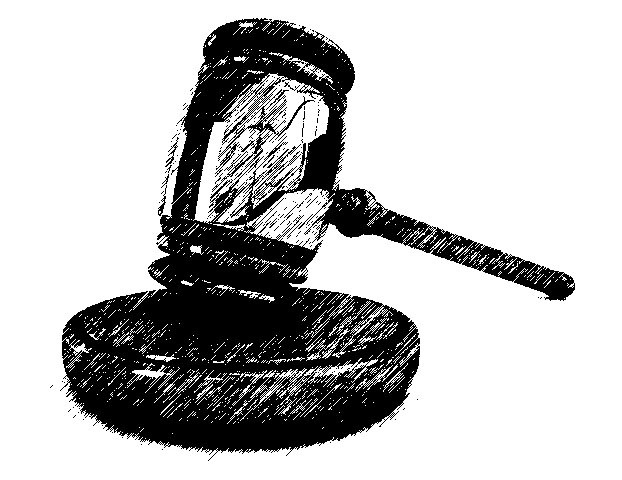Trying terrorists: Nine military courts will be set up, says ISPR
Modalities regarding the composition of military courts and final court of appeal were currently being worked out

Army says the courts will start functioning 'soon.' STOCK IMAGE
The Pakistan Army initiated on Friday the process of establishing military courts to try suspected terrorists, three days after parliament approved the 21st constitutional amendment which paved the way for what has been dubbed as an “extraordinary measure to tackle an extraordinary situation”.
“Nine military courts will be established across the country,” the military’s media wing, the Inter-Services Public Relations (ISPR), said in a statement. “Three courts each will be established in Khyber-Pakhtunkhwa and Punjab, two will be established in Sindh and one will be set up in Balochistan. They will start functioning soon,” it added.
The ISPR did not provide more details. A senior military official, however, told The Express Tribune that modalities regarding the composition of military courts and final court of appeal were currently being worked out.
Speaking on condition of anonymity, the official made it clear that suspected terrorists would have the facility of defence lawyers and the military courts would hand down verdicts after following the ‘due process of law’.
The establishment of military courts is one of the key points of the National Action Plan against terrorism recently approved by the country’s civil and military leadership. The new anti-terror strategy was evolved in response to last month’s barbaric attack on the Army Public School in Peshawar which claimed the lives of over 150 people, most of them children.
In a span of almost three weeks, Prime Minister Nawaz Sharif chaired three multiparty conferences—one in Peshawar and two in Islamabad—to evolve a consensus on the National Plan of Action. At the heart of the discussions was the proposal to set up military courts to ensure speedy trial of ‘jet black terrorists’.
Initially, all major political and religious parties endorsed the plan but later the Pakistan Peoples Party (PPP), Pakistan Tehreek-e-Insaf (PTI) and Jamiat Ulema-e-Islam Fazl (JUI-F) – a government ally – voiced their reservations.
The deal was finally struck in the January 2 all parties’ conference after Prime Minister Nawaz and army chief General Raheel Sharif gave a categorical assurance to participants that the military courts would not be misused and would only try ‘jet black terrorists’.
Despite the consensus, JUI-F and Jamaat-e-Islami (JI) abstained from voting on the 21st Constitutional Amendment Bill in the National Assembly and the Senate which was passed with a two-thirds majority. PPP Senator Raza Rabbani went to the extent of saying that he had voted for the amendment ‘against his ‘conscience’ while JUI-F chief Maulana Fazlur Rehman termed it a ‘suicide attack on democracy’.
Prime Minister Nawaz, however, strongly defended the decision saying the military courts should have been established long time back.
Published in The Express Tribune, January 10th, 2015.



















COMMENTS
Comments are moderated and generally will be posted if they are on-topic and not abusive.
For more information, please see our Comments FAQ